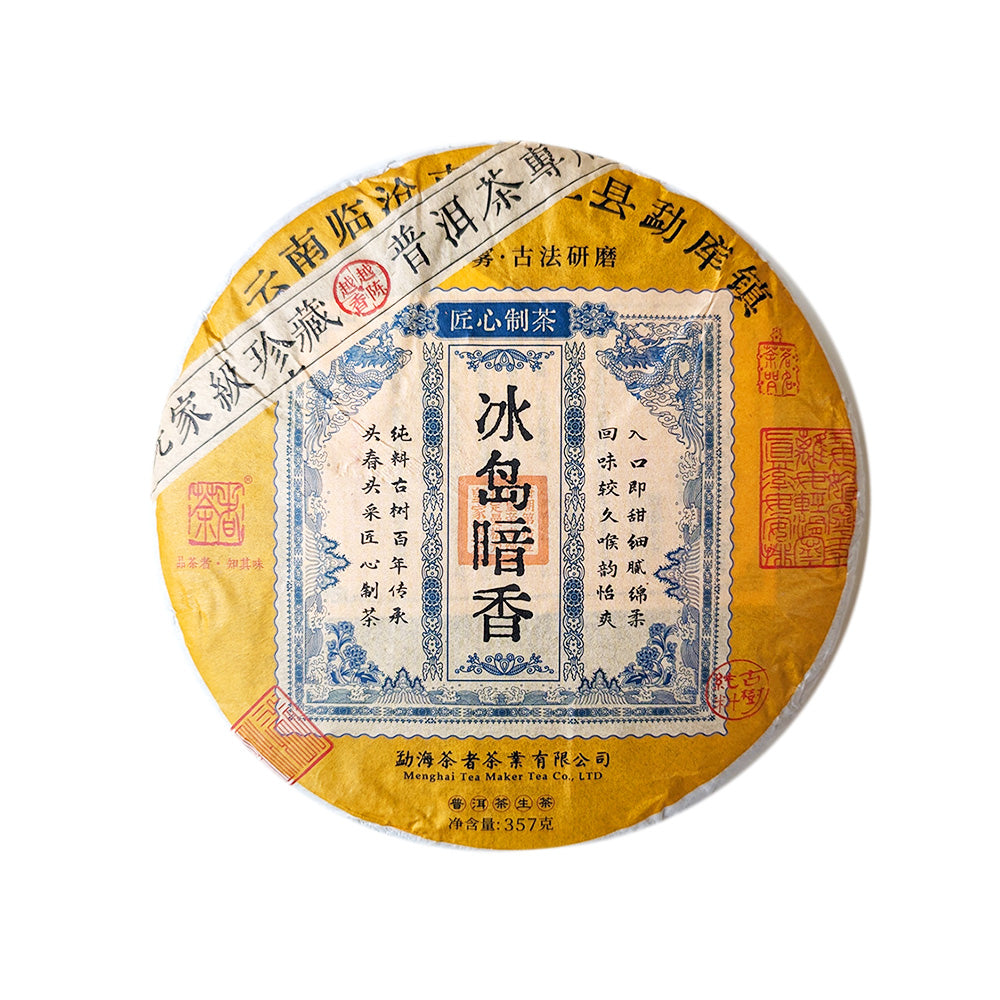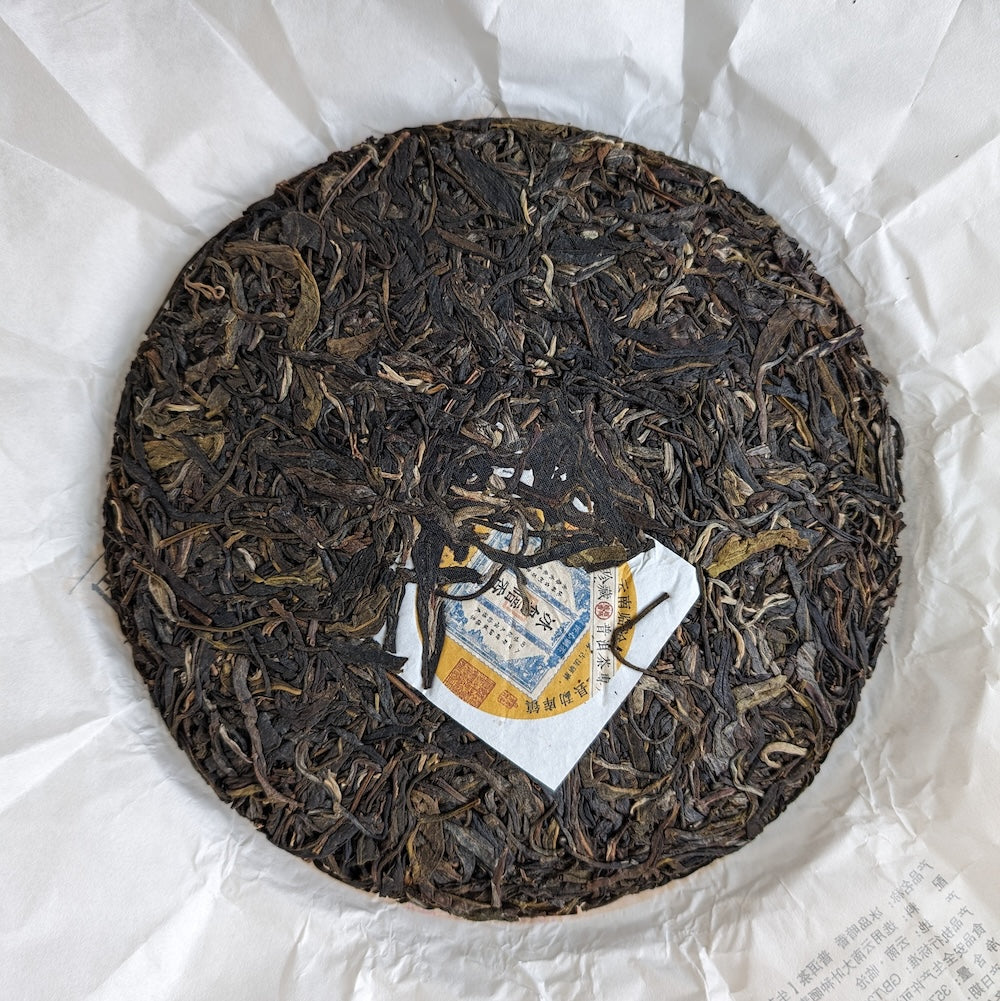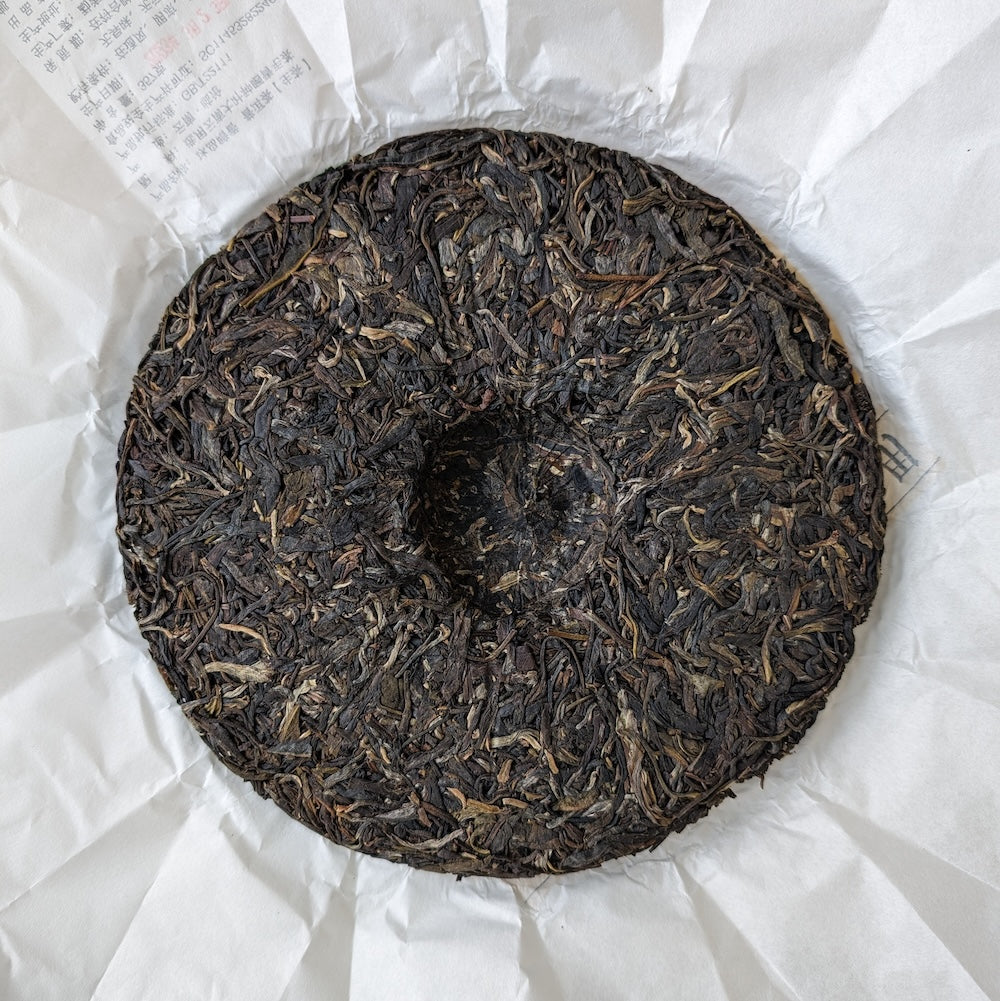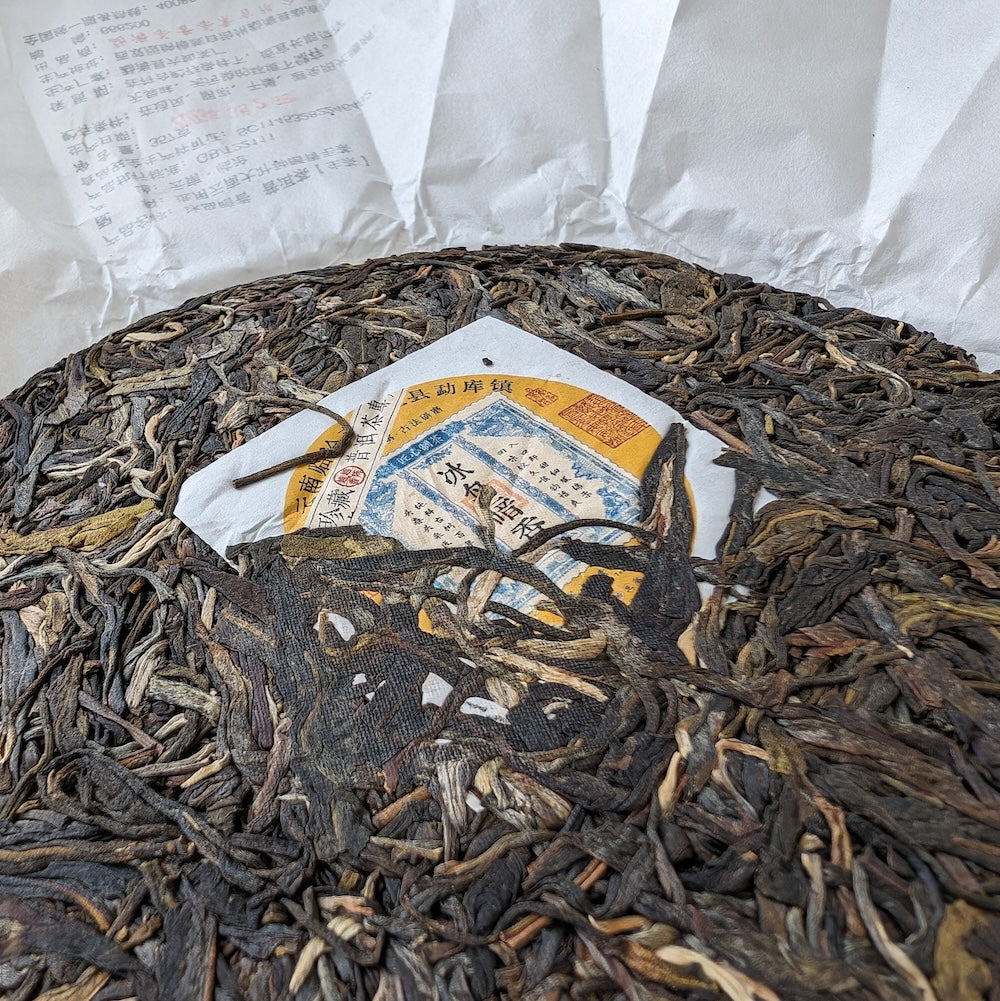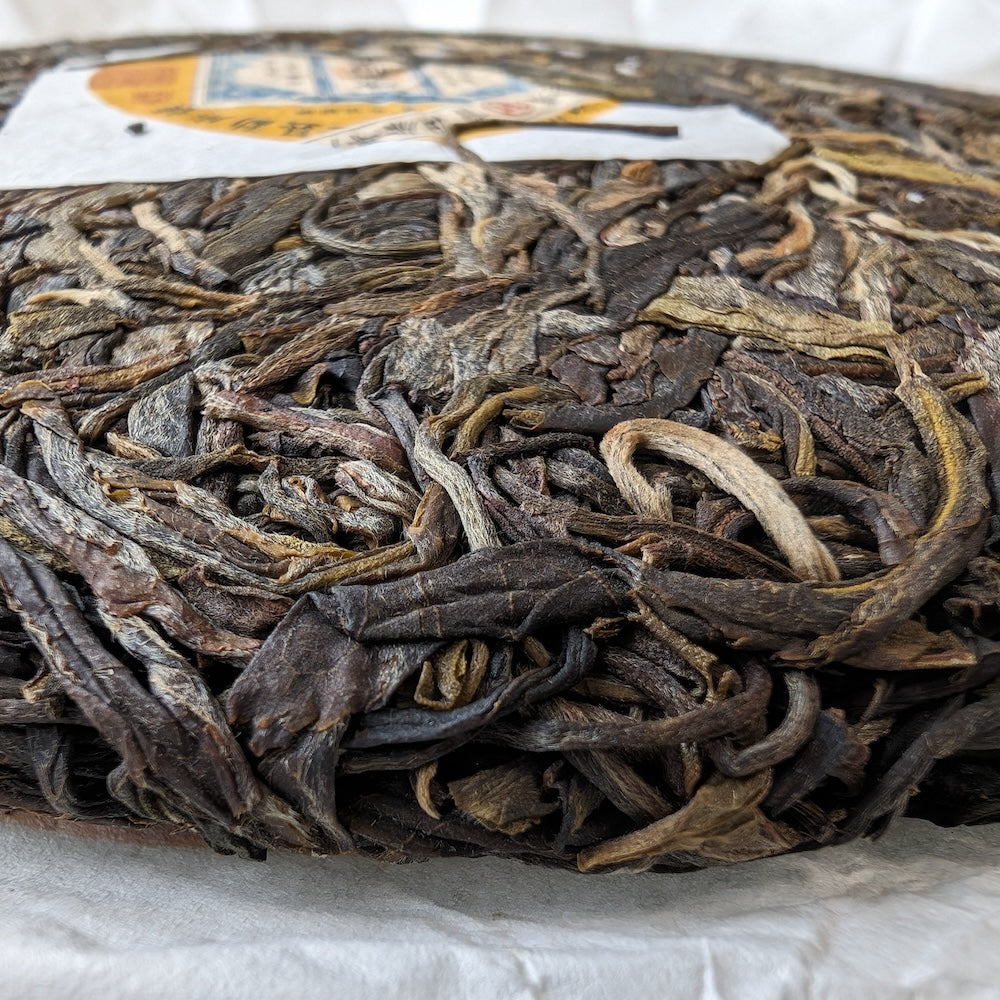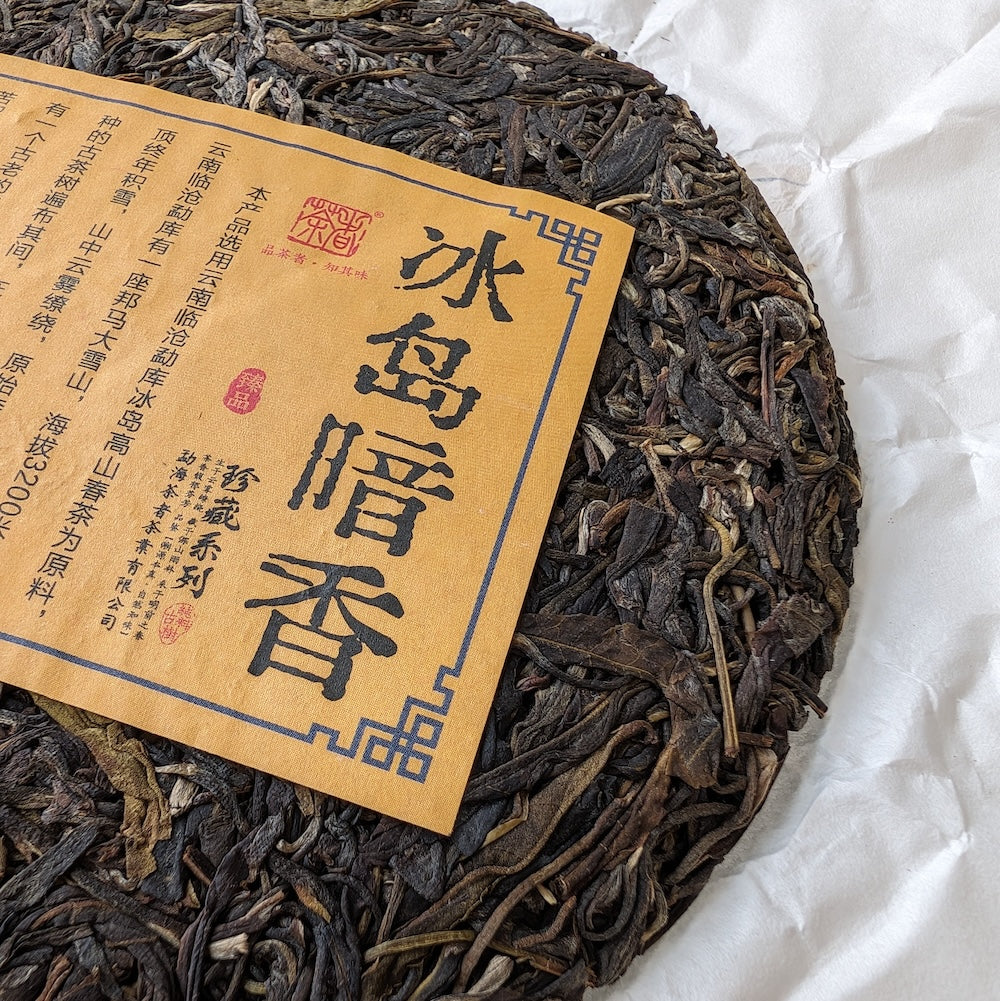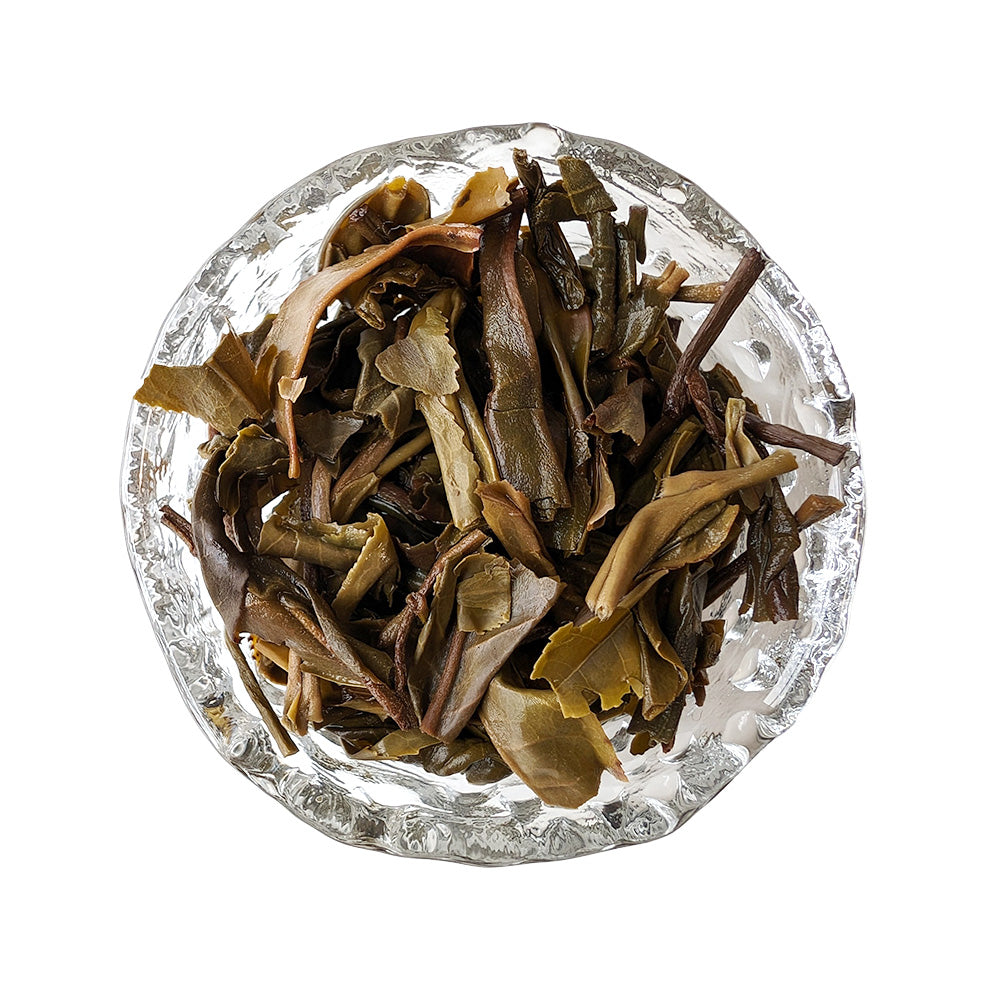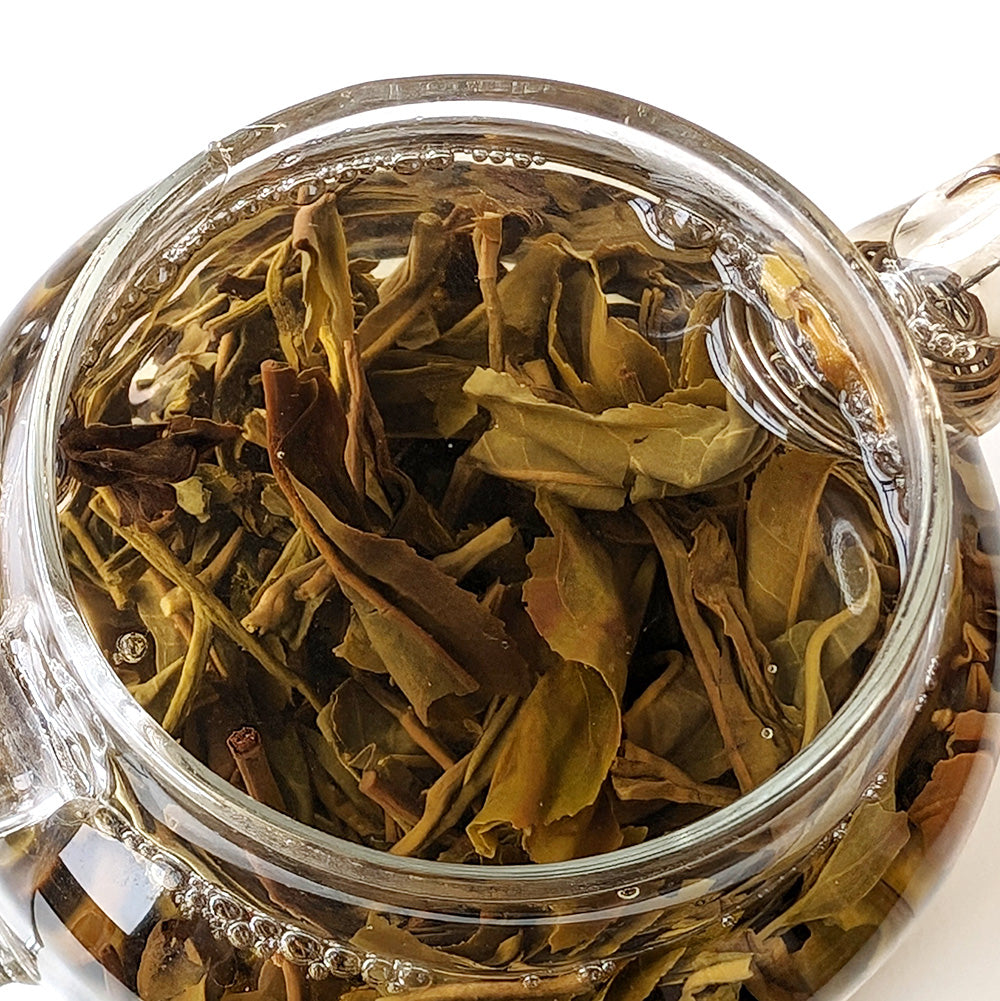2023 Chaze 'Fragrance of Bingdao' Raw Pu Erh Tea Cake 357g
2023 Chaze 'Fragrance of Bingdao' Raw Pu Erh Tea Cake 357g
Couldn't load pickup availability
Experience the taste of the wild tea gardens of Bingdao with this raw pu erh tea cake. Bingdao is located in Bangma mountain (also known as 'West Half mountain) in Mengku.
This well-pressed round cake looks beautiful, and we can clearly see it's made from high quality material. Due to its uniform and medium tight compression, it's also effortless to pry with a tea knife.
Honey, rock sugar & cooling sensation
This raw pu erh tea is very pleasant to drink from the first steep: it features a honey aroma with a sweet aftertaste of rock sugar. There's hardly any bitterness and astringency, and perhaps the most special characteristic of all: it leaves a cooling sensation in the mouth, as if you're inhaling the cool outdoor air on a snowy day.
Affordable daily drinker
If you're looking for an affordable raw pu erh with an accessible taste, yet with plenty of complexity, we can highly recommend this tea cake. It will certainly become your next daily drinker.
Origin
Origin
- Year: 2023
- Season: Spring
- Origin: Bingdao, Yunnan
- Varietal (cultivar): large leaf Assamica (Da Ye Zhong)
- Production date: 2 March 2023
- Compression: medium
- Type: raw (sheng)
- Brand: Cha Ze
- Series/recipe: Fragrance of Bingdao
- Shape: pu erh tea cake
- Weight: 357g
How to Steep
How to Steep
How to make 'The Fragrance of Bingdao' tea?
There are two methods to prepare this pu erh tea cake:
Gongfu brewing
Brew 5 gram with 100 ml of water at 95°C. Steep for 10 seconds for the first infusion, followed by 5 seconds for the next 5 infusions. Afterwards, gradually increase the steeping time.
Western brewing
Steep 3 gram with 500 ml of water at 95°C. Apply a brewing time of 1.5 minutes and add 30 seconds for each next infusion.
Shipping, Returns & Payment Methods
Shipping, Returns & Payment Methods
Delivery time: 1-10 day EU delivery. For estimates per country, please visit the shipping info page at the bottom of our website.
Import taxes?: because we ship from our EU warehouse, you will NOT be charged import taxes upon delivery if you're based in the EU. All taxes are already included in our prices.
Free shipping: available for orders over €59 for The Netherlands/Belgium, €80 for other EU countries (excluding Portugal & Hungary) & UK, and over €100 for other countries.
Returns: orders can be returned for a refund within 30 days. Products should returned in unopened, unused condition.
Share
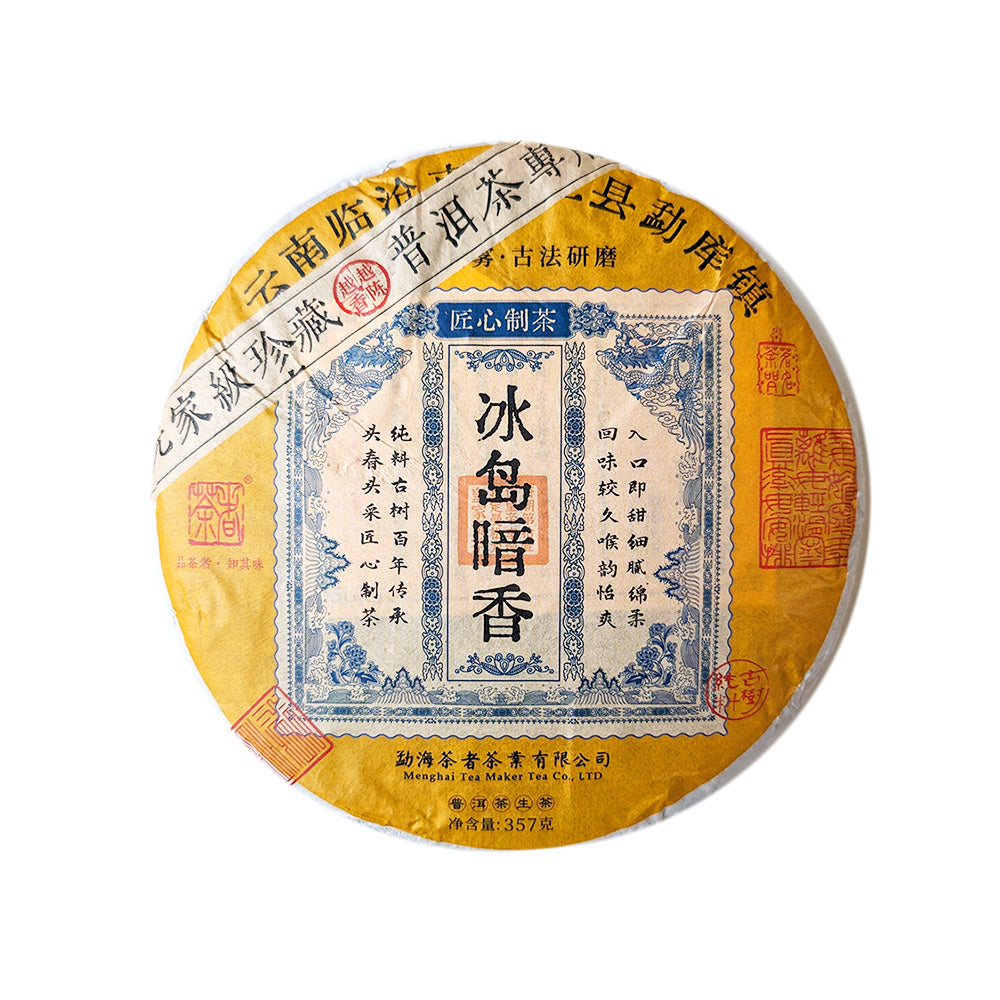
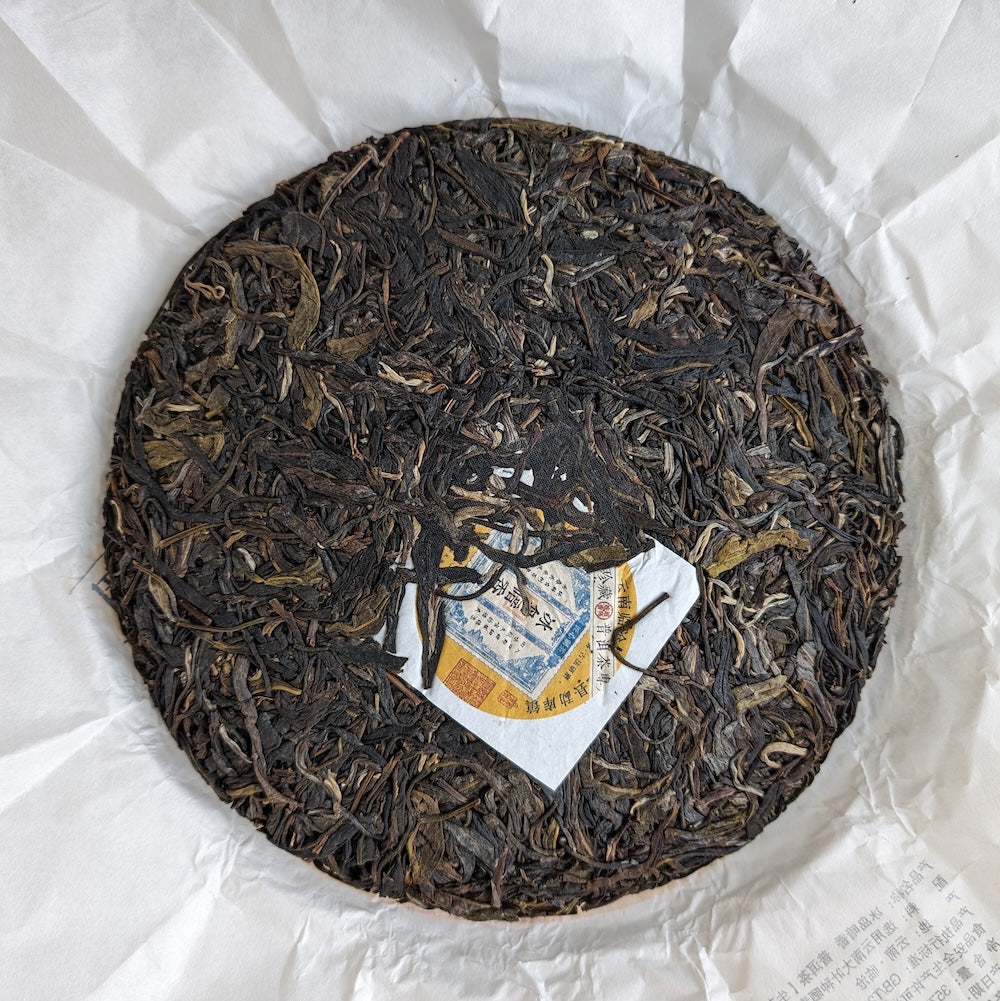
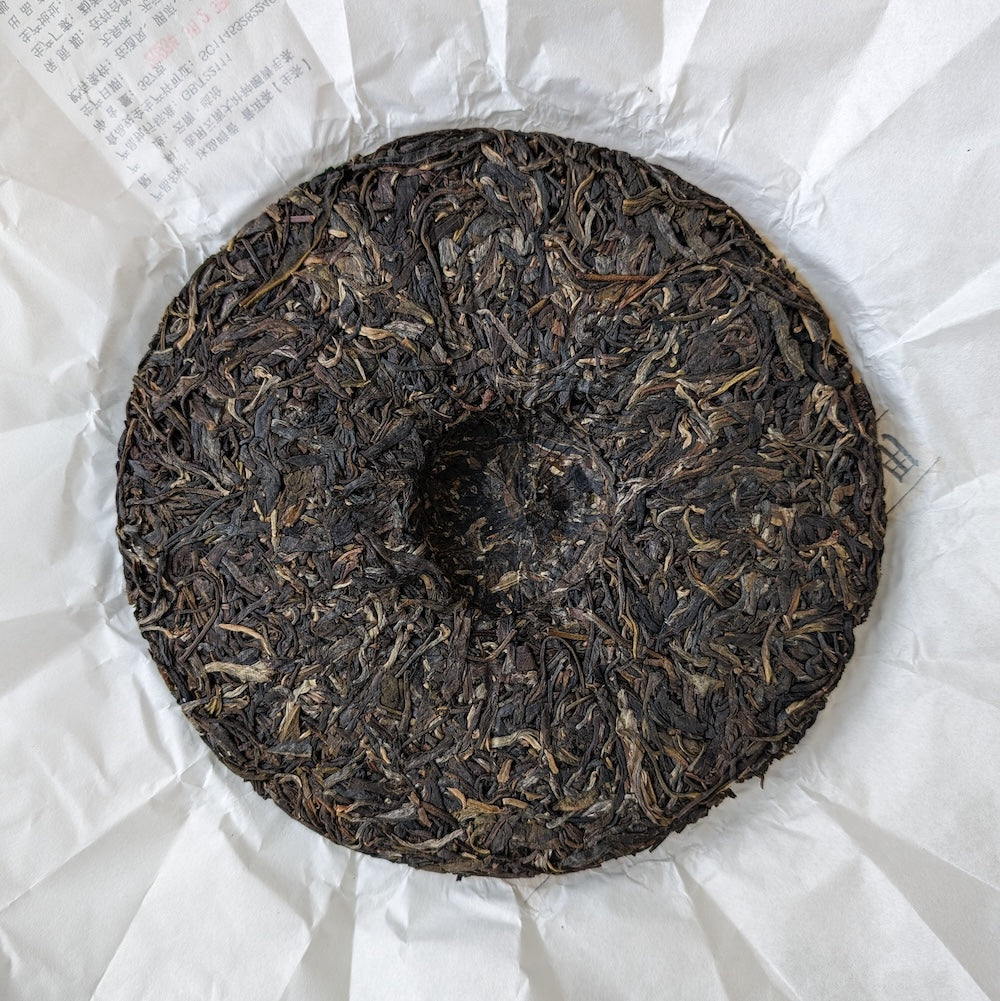
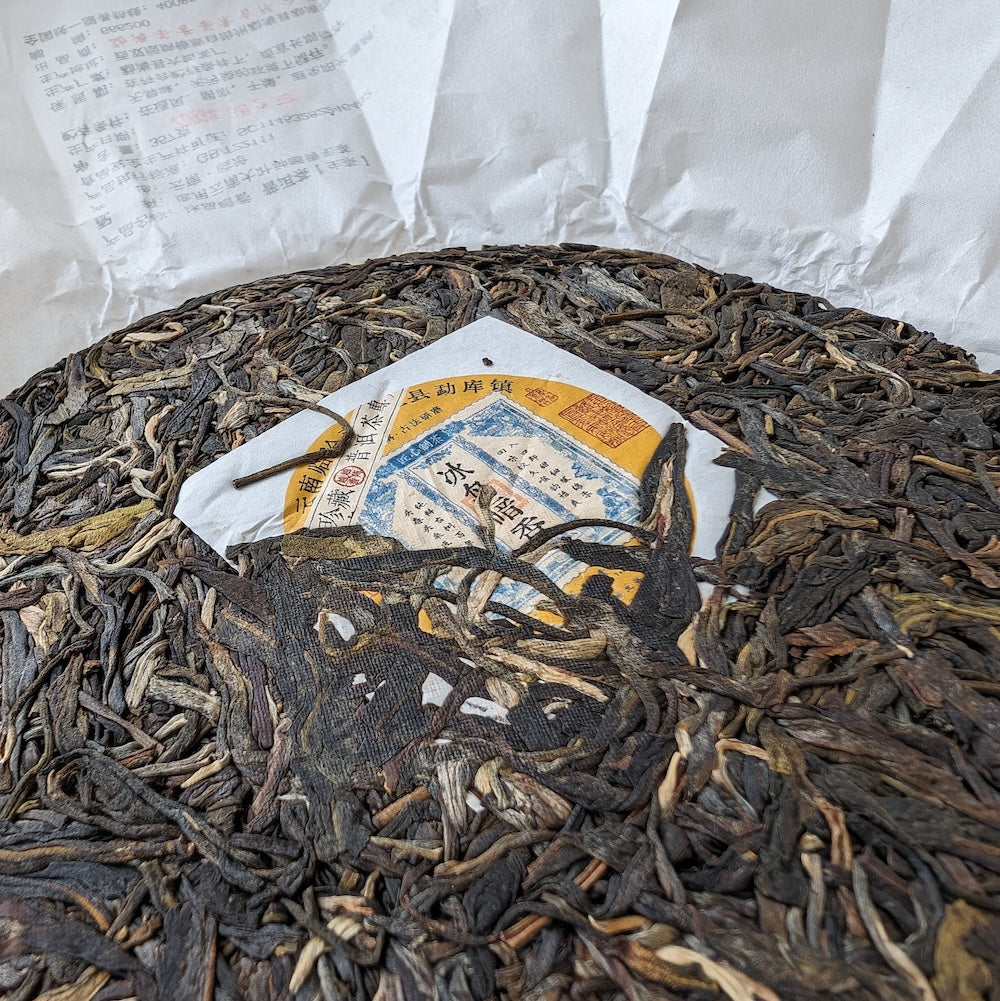
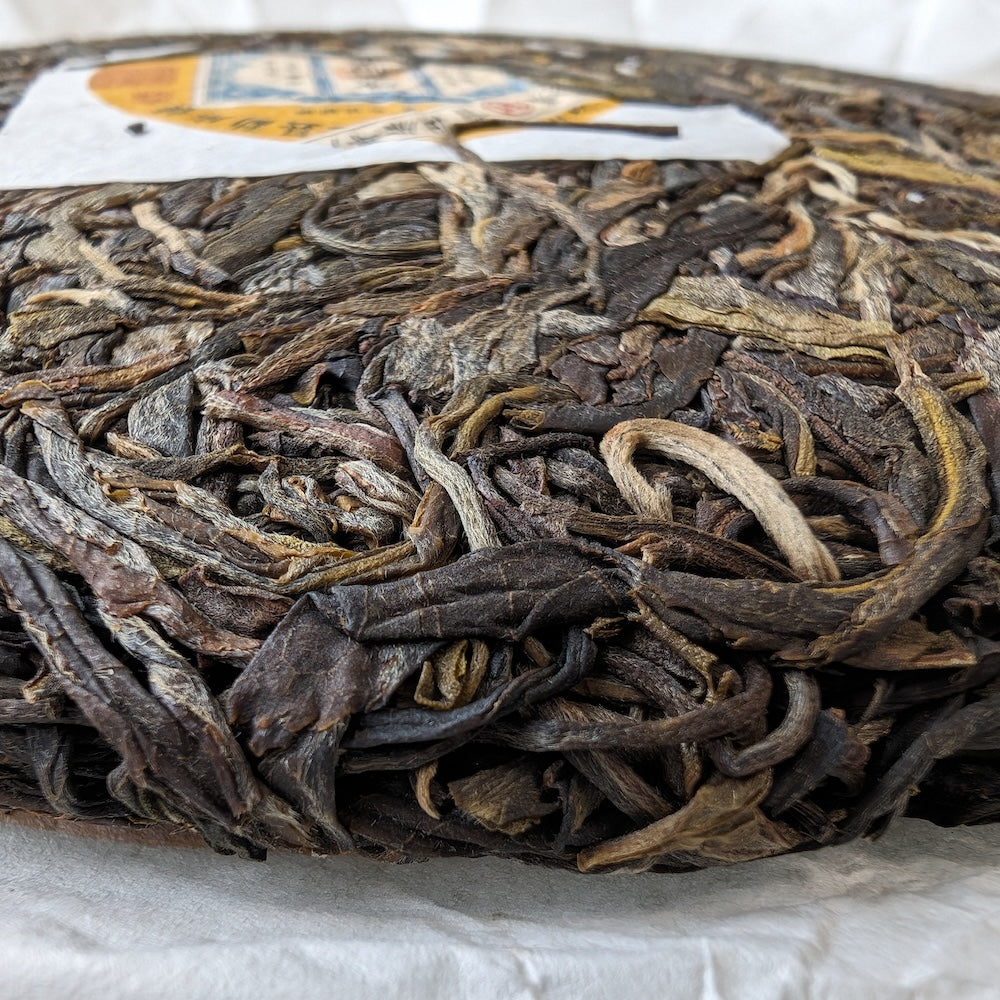
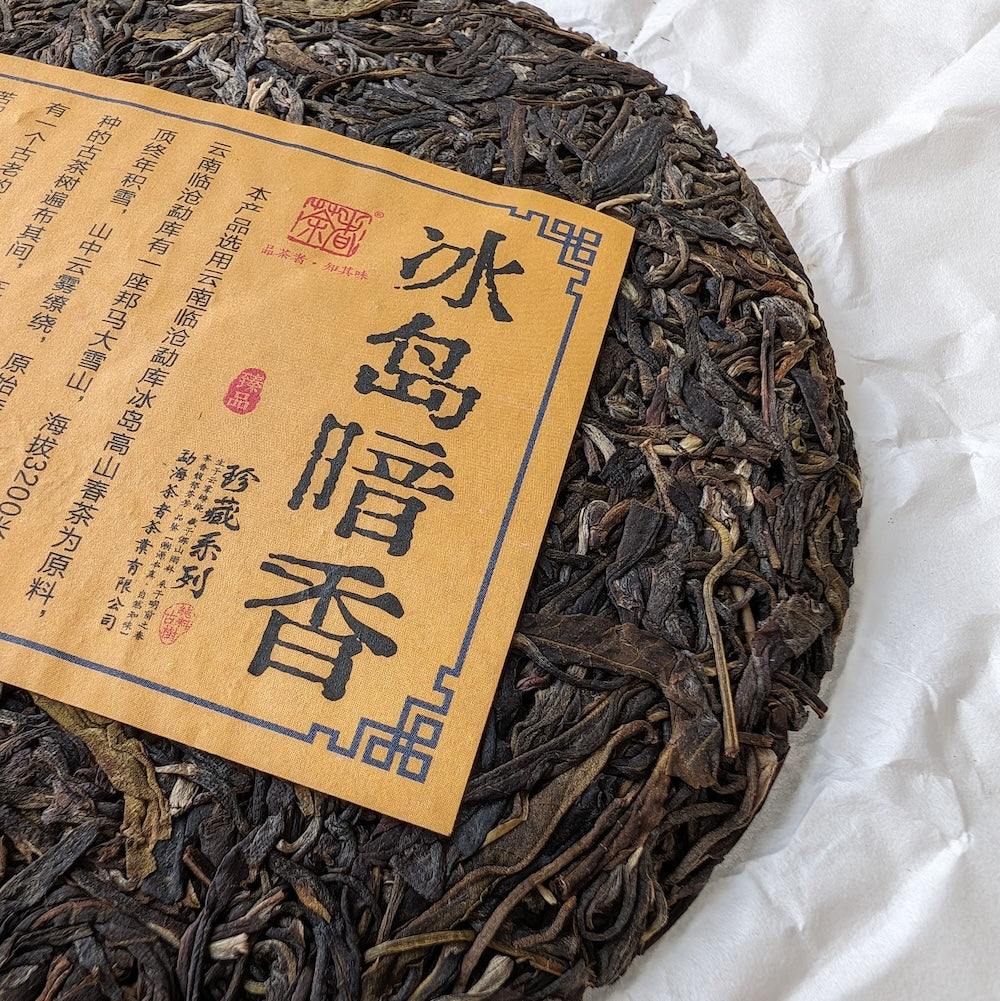
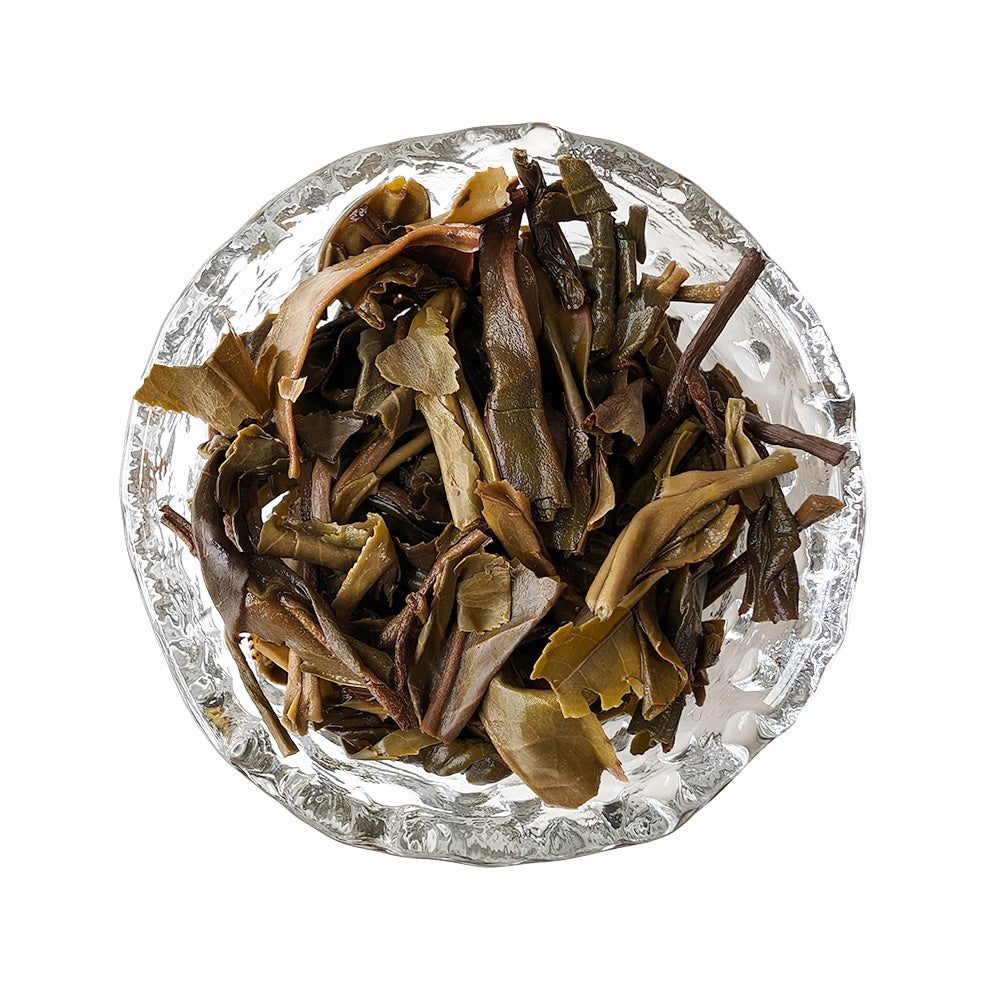
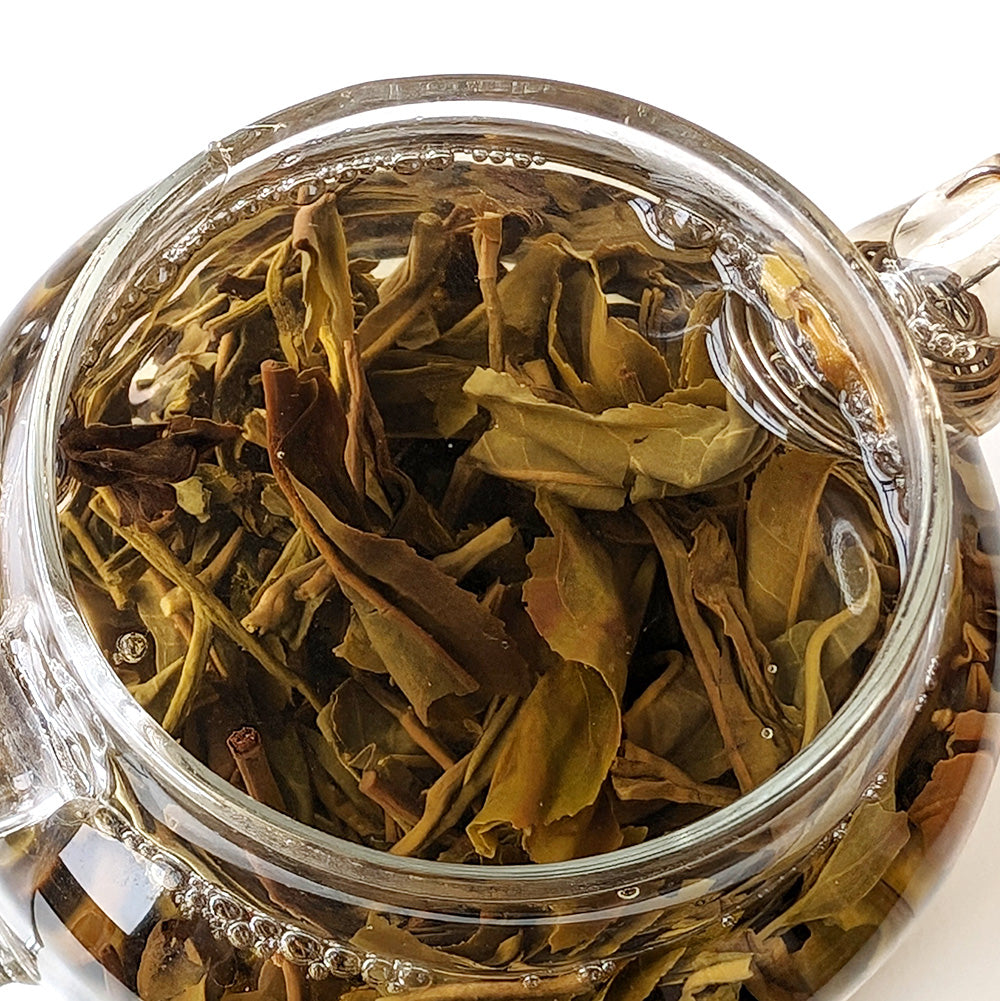
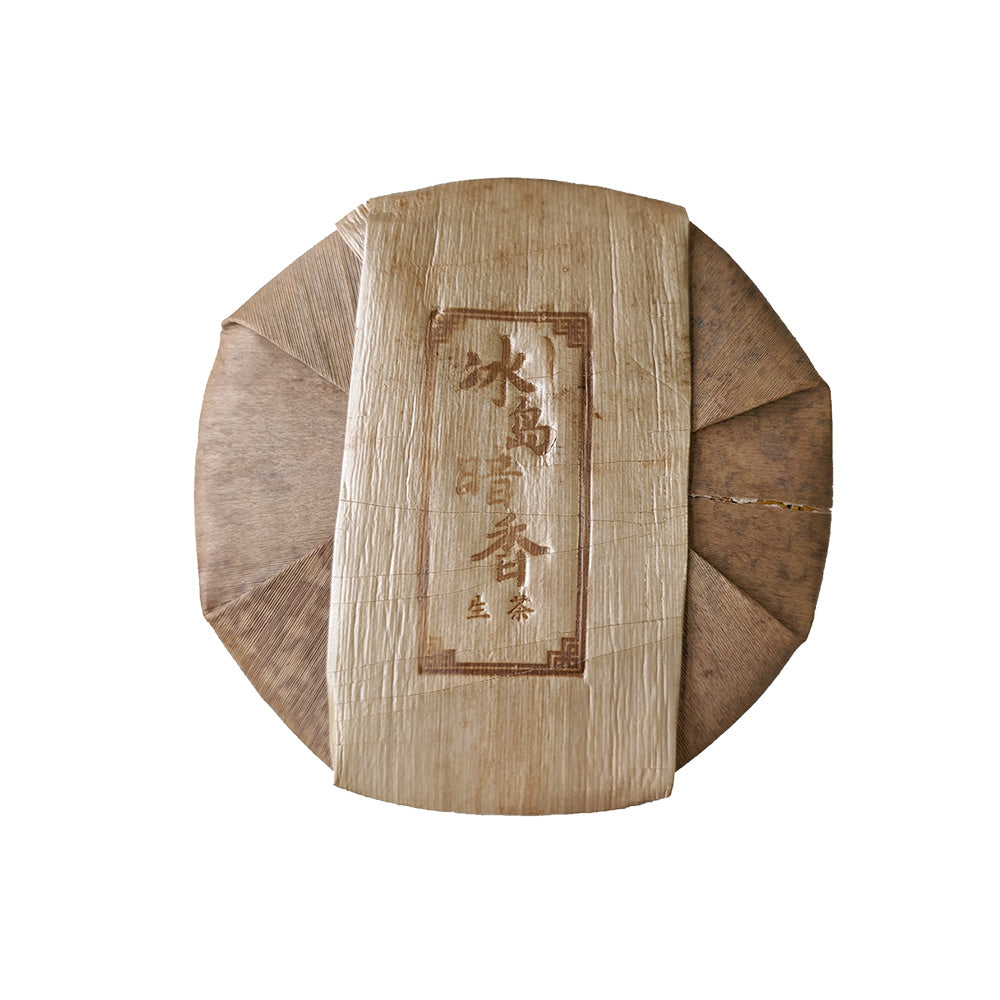
How this raw pu erh tea is made
-
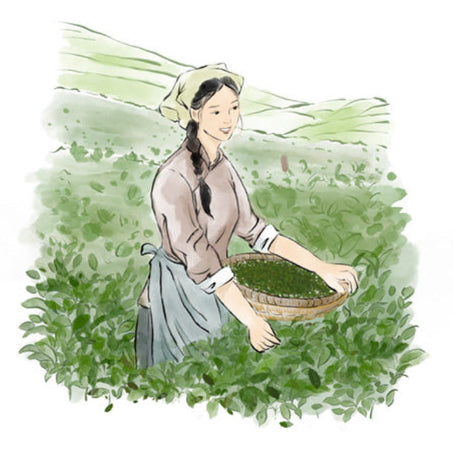
Picking
Tea leaves are hand-picked in the morning.
-
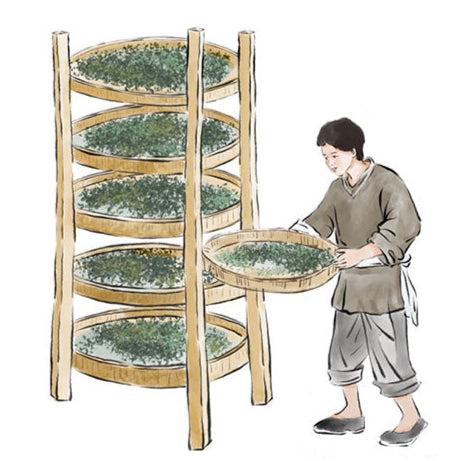
Withering
The leaves are spread on bamboo trays to wither.
-
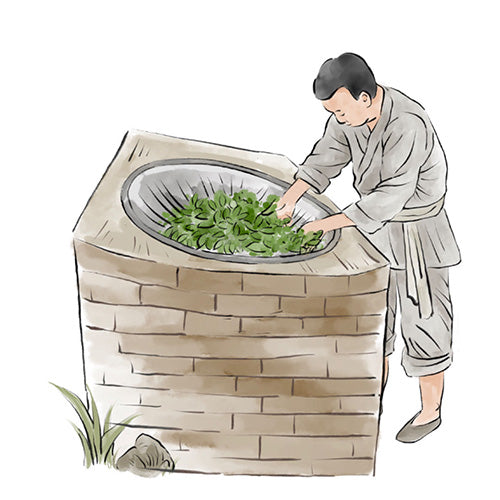
Fixation
The withered leaves are heated to halt oxidation.
-
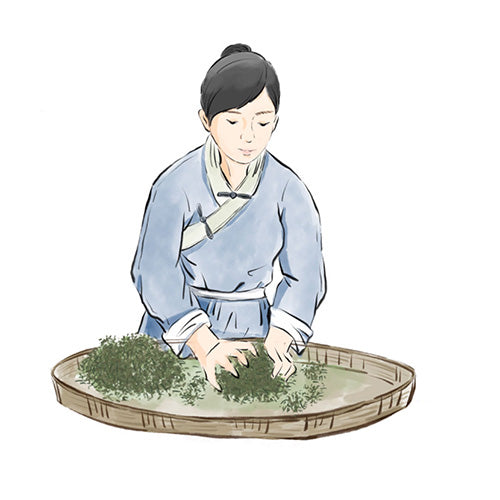
Rolling
The tea leaves are rolled to release their aroma.
-
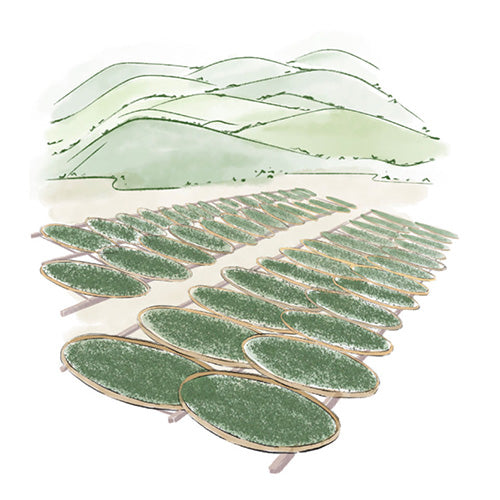
Sun Drying
Rolled leaves are spread on bamboo mats to sun-dry.
-
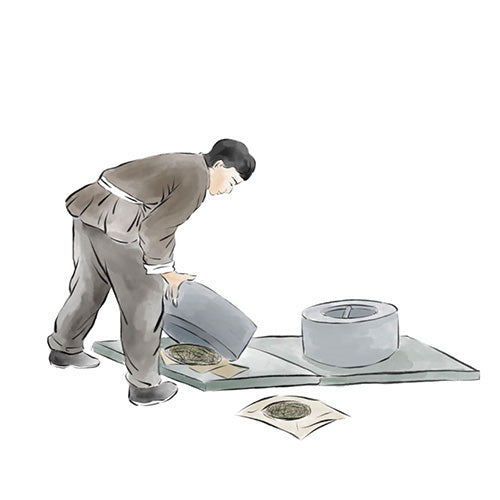
Pressing
The processed tea leaves are steamed & compressed.
-
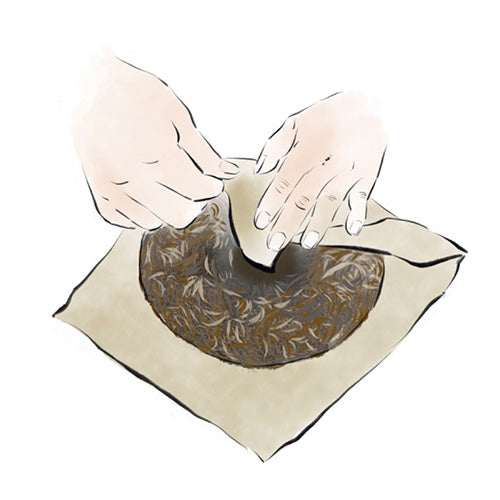
Packaging
The compressed tea is wrapped in paper & packed in boxes.
-
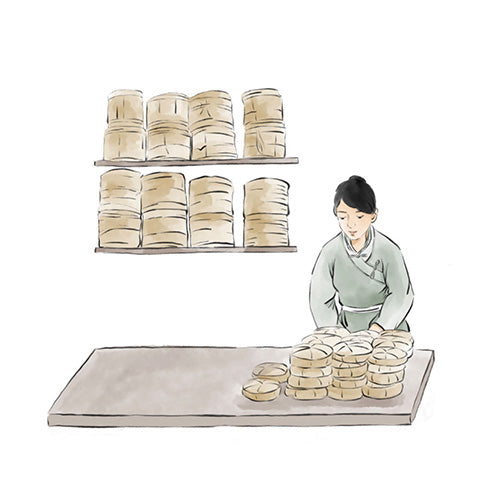
Aging
The raw pu erh tea is stored for further aging.
Very interesting and rich taste!
Depois que conheci esta loja online fiquei fã. Tem uma grande variedade de chás e gostei especialmente deste último que comprei
This is a very good tea for the price!
It has aromas of leather, vegetables, herbs (especially mint) and wet stones.
The flavors are sweet with notes of mountain herbs, leather, fresh tobacco and honeydew rind.
But best of all, in my opinion, is the huigan, or returning sweetness, that is long lasting, sweet and cooling in the throat. It will be my go-to tea all summer, for sure.

